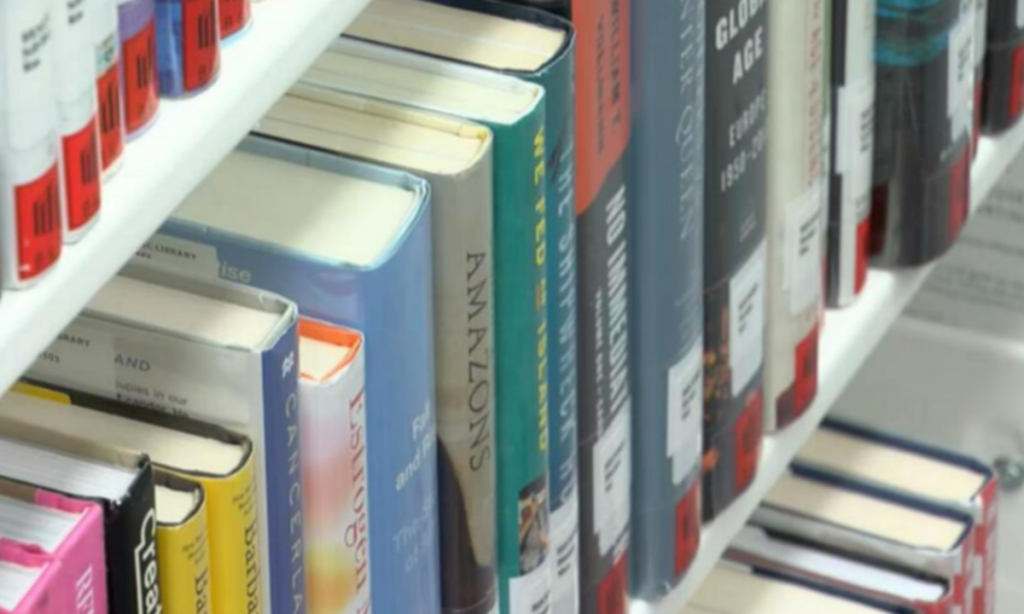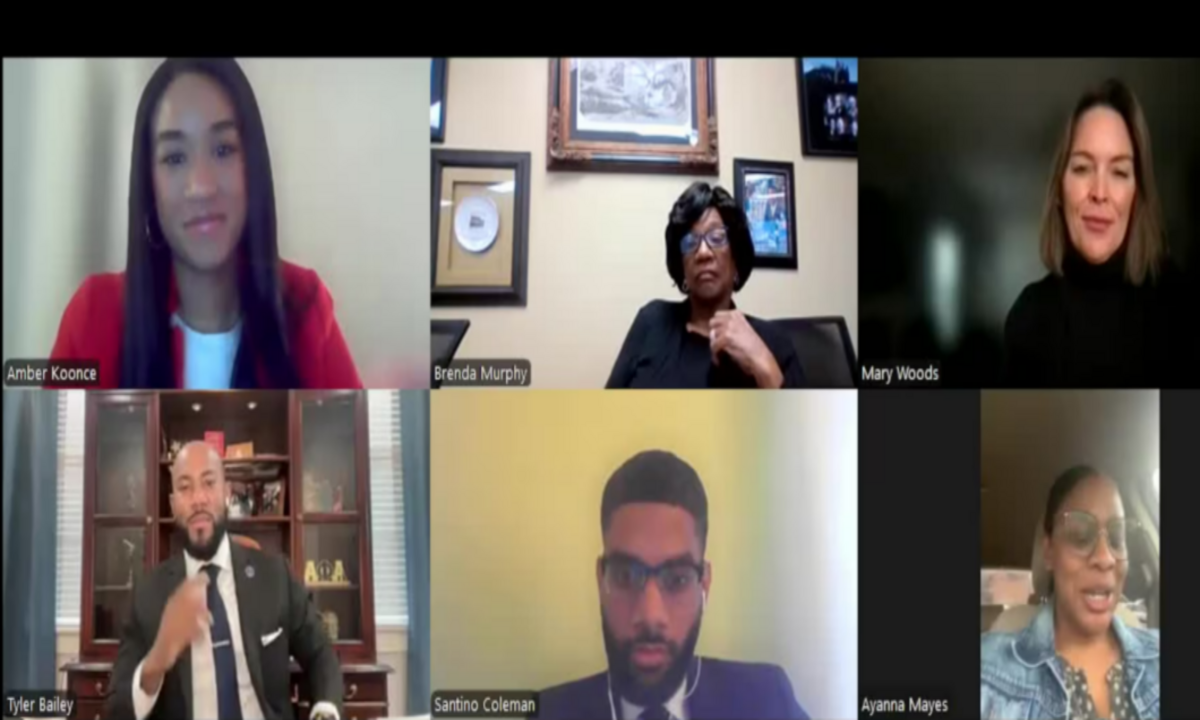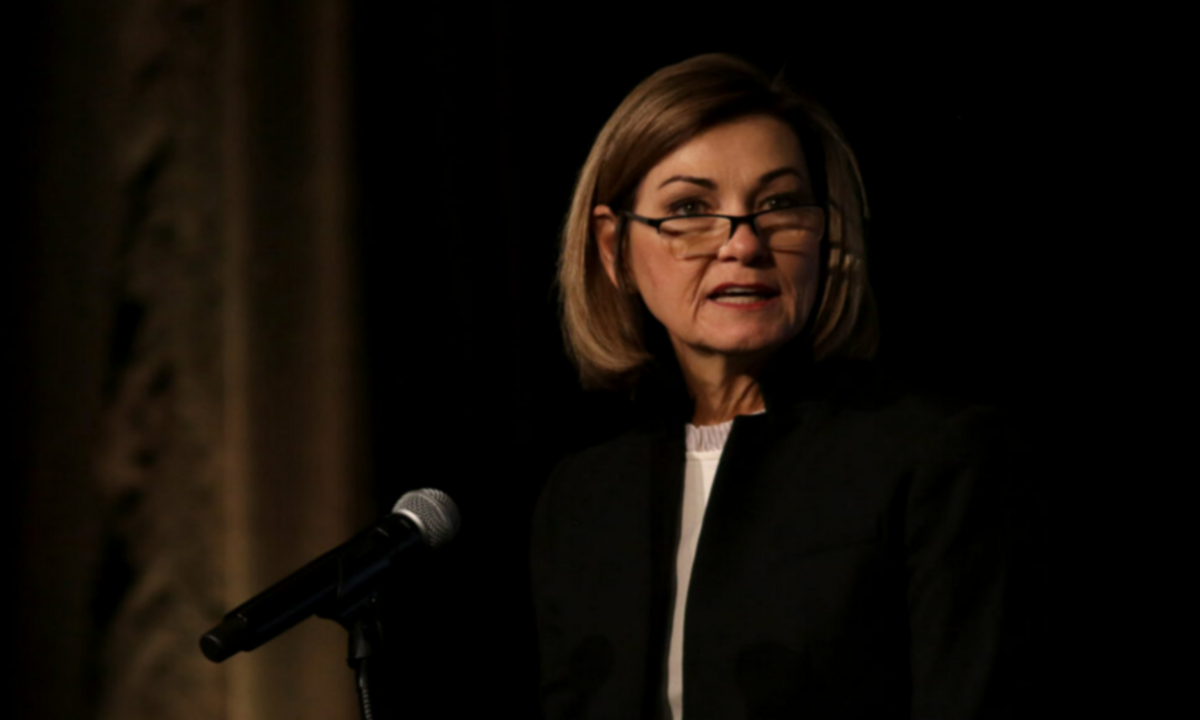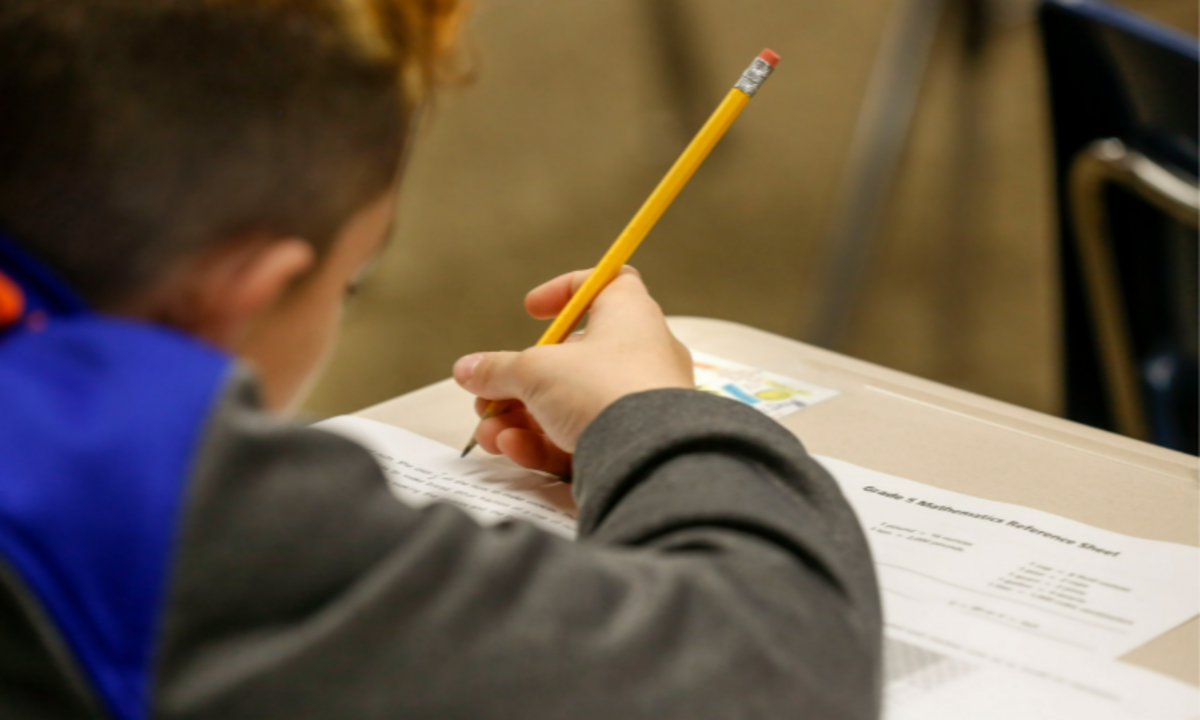A federal civil rights lawsuit has been filed against a South Carolina budget proviso that critics claim censors teaching and educational materials in the state’s public schools. Columbia City Council member Tyler Bailey, alongside the Legal Defense Fund, brought the case forward, alleging that the rule violates constitutional rights and unfairly targets discussions on race, racism, and discrimination.
The lawsuit claims the proviso has had a chilling effect on education, leaving teachers, librarians, and schools in uncertainty over what can and cannot be taught.
What the Budget Proviso Does
The budget proviso, passed in 2021, allows the South Carolina Department of Education to restrict funding to schools that teach topics deemed inappropriate about racism, discrimination, or gender. Lawmakers introduced the proviso after attempts to pass legislation banning critical race theory (CRT) in schools failed.
Critics argue that the proviso is intentionally vague, leaving educators unclear about what topics are allowed and potentially forcing them to censor themselves to avoid controversy or penalties.
Lawsuit Details
The lawsuit alleges that the proviso violates the First Amendment by limiting educators’ freedom to teach and students’ right to access information.
“The Budget Proviso was motivated by a desire to eliminate ideas and opinions about which legislative supporters disagree, and/or by a racially discriminatory motive,” the lawsuit states.
One specific example cited in the lawsuit involves the removal of the book Stamped: Racism, Antiracism, and You by Ibram X. Kendi from a library at Chapin High School. The lawsuit also mentions other incidents, including the removal of books like Black is a Rainbow Color and York due to online harassment and scrutiny.
Chapin High School librarian Ayanna Mayes, one of the plaintiffs, said she had to cancel several library initiatives, including book programs and trivia events, because of the vague restrictions imposed by the proviso.

Impact on Educators and Students
Educators have expressed concerns about how the rule affects their ability to teach effectively. Mary Wood, a teacher in Lexington-Richland School District Five and another plaintiff, faced backlash for including Ta-Nehisi Coates’ book Between the World and Me in her English class.
Wood was reprimanded and instructed to remove the book from her classroom despite offering an opt-out option for students. “These significant consequences to job security and personal safety encourage educators to avoid difficult topics altogether if they want to avoid controversy,” the lawsuit explains.
The Legal Defense Fund, which filed the case on behalf of several plaintiffs, argues that the proviso not only limits educators’ ability to teach important topics but also denies students the opportunity to engage with complex ideas about race and society.
Critics Call for Clarity and Reform
The lawsuit emphasizes the vagueness of the proviso, arguing that it forces schools to self-censor out of fear of violating the unclear rules.
“There is no guidance as to why some books are prohibited and whether other materials discussing racism or antiracism might also be banned,” the lawsuit states. This lack of clarity has led to increased surveillance of educators, cancellations of educational programs, and restrictions on access to books.
Advocates for change argue that the proviso undermines the education system and infringes on students’ rights to learn about historical and social issues.
The Legal Battle Ahead
The lawsuit was filed on behalf of the South Carolina NAACP, anti-racist author Ibram X. Kendi, educators, and parents. It highlights the ongoing debate over the balance between parental concerns, legislative oversight, and educational freedom in South Carolina and across the country.
As similar litigation emerges nationwide, the outcome of this case could have far-reaching implications for how controversial topics are handled in schools and how teachers and librarians navigate increasingly polarized educational environments.
Disclaimer—Our team has checked this article to ensure its accuracy and eliminate any misinformation. We are committed to providing clear and reliable information for our readers.




